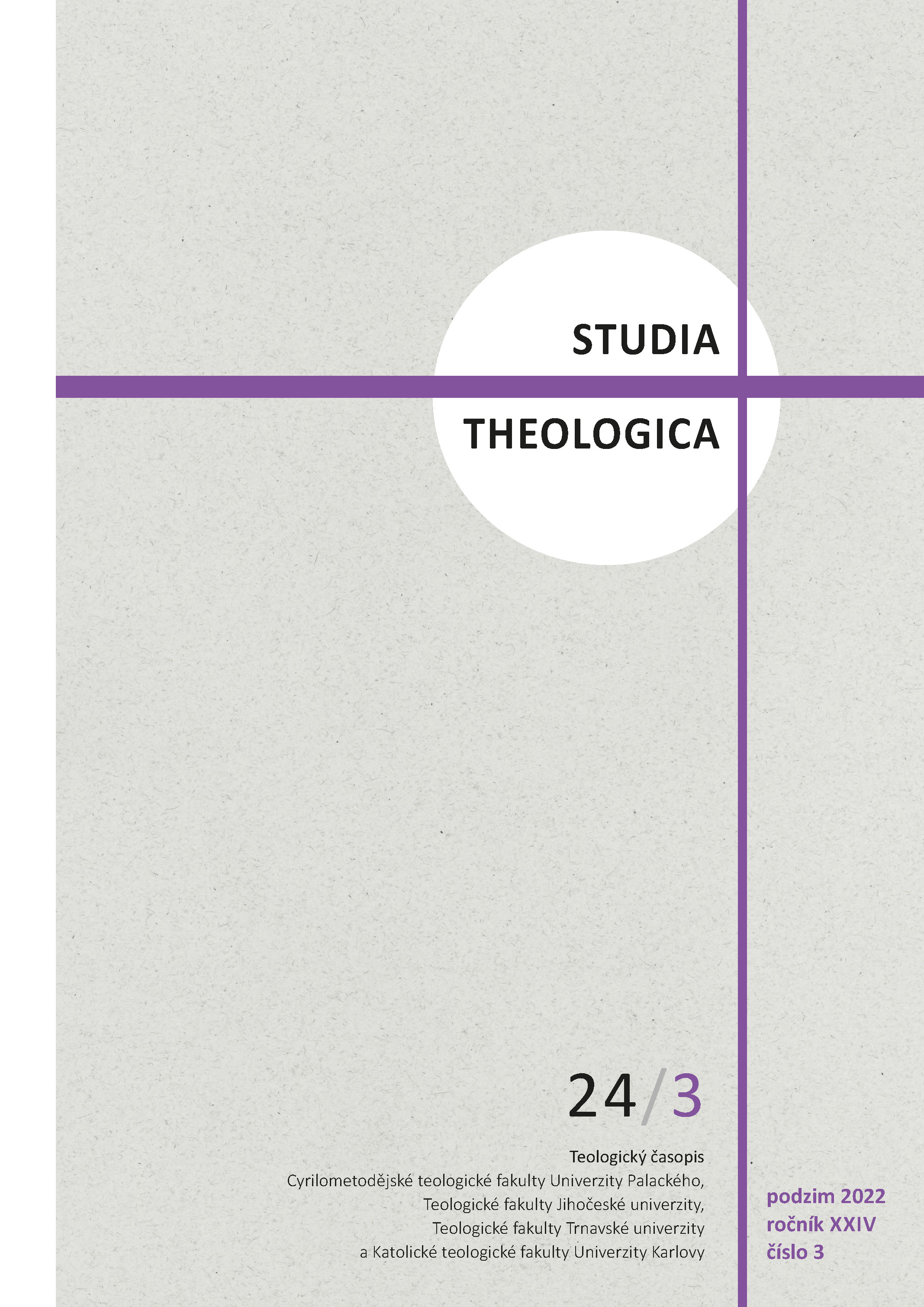Prirodzená teleológia ľudského konania ako jadro morálneho učenia Tomáša Akvinského
The Natural Teleology of Human Action as the Core of the Moral Teaching of Thomas Aquinas
Author(s): Peter Samuel LovásSubject(s): Christian Theology and Religion, Theology and Religion
Published by: Univerzita Palackého v Olomouci
Keywords: Teleology; Per se order; Human Nature; Human Action; Finis operis; Finis operantis; Complex Acts; Relation to Reason; Object of an Act; Proper Accidents; Thomas Aquinas
Summary/Abstract: This article in the field of fundamental moral theology presents natural teleology and per se determination of human action, which establish the essence of morality according to Thomas Aquinas. By observing nature, Aquinas came to the conclusion that nothing happens randomly, but every being acts because it pursues certain goals. The end of an act is thus the first principle of understanding in the order of acts. Some intended ends, by their nature, require a specific object. Such objects are per se ordained to the end of an act. An action can pursue only one proximate end, but can be ordained to several remote ends, one of which is the end of another. The moral character of an act is determined by its proximate end, with the relation of act to reason giving it its moral determination. The natural teleology of human actions provides valuable principles for moral decision‑making and is the basis for assessment of current moral dilemmas.
Journal: Studia theologica
- Issue Year: XXIV/2022
- Issue No: 3
- Page Range: 1-16
- Page Count: 16
- Language: Slovak

